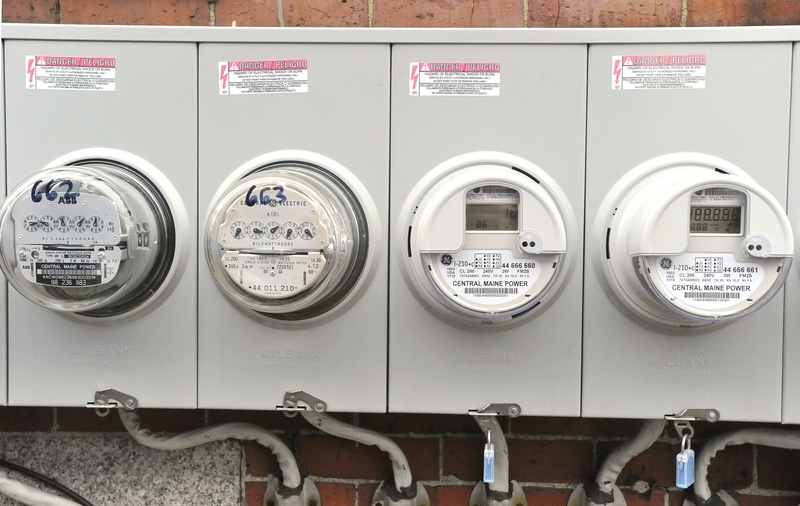The state Public Utilities Commission will investigate whether Central Maine Power Co.’s policy of not allowing customers to opt out of its Smart Meter program is unreasonable or discriminatory.
The decision gives hope to those who believe the wireless devices, which measure a home’s electrical usage, could pose a health hazard.
Commissioners voted unanimously to investigate whether local opt-outs could be allowed, whether that might affect a $96 million federal grant helping to fund the program, whether hard-wire alternatives are available, and any cost implications.
The three commissioners at Tuesday’s meeting in Augusta also said they will try to determine whether there are any technically feasible alternatives to the Smart Meter program that wouldn’t cost too much.
Elisa Boxer-Cook, a Scarborough resident who founded the Smart Meter Safety Coalition, praised the PUC’s decision.
“The smart meters should be proven to be safe, or at the very least people should have a choice,” Boxer-Cook said. “I’ve said all along that anyone who wants a smart meter should be able to have a smart meter.”
In 2010, CMP began a two-year, $192 million project to replace all of its 620,000 meters with a new generation of wireless digital devices. Opponents of the technology have asked the PUC to stop the program so that potential health effects can be studied.
Commissioners did not address the health risks Tuesday, limiting their decision to whether it was unreasonable to refuse to allow consumers to opt out of the Smart Meter program.
“I hope this represents a turning point where CMP says ‘Let’s figure out a way to do this,’” Boxer-Cook said.
John Carroll, CMP spokesman, said the company will continue to install Smart Meters during the PUC investigation.
He said the company views Tuesday’s PUC decision as reasonable, but he reiterated CMP’s position that Smart Meters are a technology that down the road could save customers money, provide better service and even allow customers to control their electrical appliances remotely.
Smart Meters are being installed across the United States and around the world. They will allow customers to track and adjust their power use and help CMP respond faster to outages.
But Boxer-Cook and others worry about the wireless transmissions connecting the meters and the radio frequency microwave radiation they generate.
Carroll said the federal government has determined that the technology used in Smart Meters is safe.
Last year, the towns of Scarborough, Cape Elizabeth and Sanford adopted resolutions asking CMP to delay Smart Meter installations.
Staff Writer Dennis Hoey can be contacted ats 791-6365 or at: dhoey@pressherald.com
Copy the Story Link
Send questions/comments to the editors.




Success. Please wait for the page to reload. If the page does not reload within 5 seconds, please refresh the page.
Enter your email and password to access comments.
Hi, to comment on stories you must . This profile is in addition to your subscription and website login.
Already have a commenting profile? .
Invalid username/password.
Please check your email to confirm and complete your registration.
Only subscribers are eligible to post comments. Please subscribe or login first for digital access. Here’s why.
Use the form below to reset your password. When you've submitted your account email, we will send an email with a reset code.